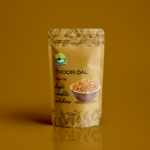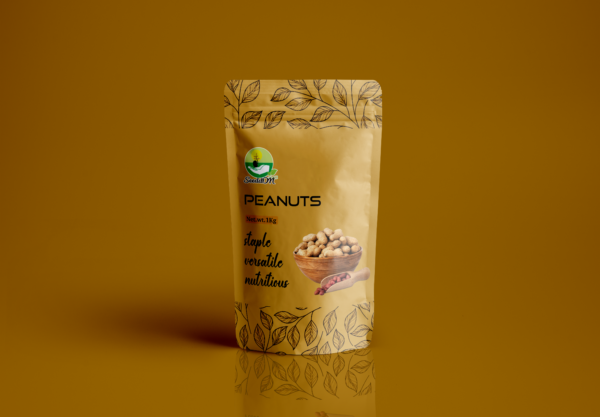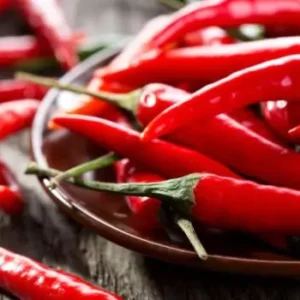Description
Peanuts, belonging to the legume family, are nutrient-packed seeds that grow underground. Renowned for their versatility, these legumes are a rich source of protein, healthy fats, and essential minerals. With a satisfying crunch and a mildly sweet flavor, peanuts are enjoyed globally in various forms – roasted for snacking, ground into creamy or crunchy peanut butter, and incorporated into diverse cuisines. Packed with heart-healthy monounsaturated and polyunsaturated fats, peanuts also deliver antioxidants and essential nutrients like niacin, vitamin E, and magnesium. Despite their calorie density, peanuts contribute to a well-rounded diet, offering a range of health benefits.
Nutritional Composition:
- Macronutrients: Peanuts are a rich source of macronutrients. They contain healthy fats, with monounsaturated and polyunsaturated fats being predominant. They also provide a good amount of protein, making them a valuable plant-based protein source.
- Micronutrients: Peanuts are packed with essential vitamins and minerals. They are particularly high in niacin (vitamin B3), folate, vitamin E, magnesium, phosphorus, and potassium.
- Dietary Fiber: Peanuts contain dietary fiber, which is beneficial for digestive health. Fiber helps in promoting regular bowel movements and can contribute to a feeling of fullness.
- Antioxidants: Peanuts contain various antioxidants, including resveratrol, which is known for its potential cardiovascular benefits. Antioxidants help neutralize free radicals and protect the body’s cells from damage.
Health Benefits:
- Heart Health: The monounsaturated and polyunsaturated fats, along with antioxidants, contribute to heart health by reducing bad cholesterol levels and promoting overall cardiovascular well-being.
- Weight Management: Despite being calorie-dense, peanuts can be a satisfying snack that helps control appetite due to their protein and fiber content.
- Nutrient Absorption: Peanuts contain nutrients like manganese, which plays a role in nutrient absorption and bone health.
- Blood Sugar Regulation: The combination of protein, healthy fats, and fiber in peanuts can contribute to stabilizing blood sugar levels.
- Rich in Resveratrol: Peanuts, especially the red-skinned varieties, contain resveratrol, a compound associated with various health benefits, including antioxidant and anti-inflammatory effects.
Culinary Uses:
- Snacking: Roasted peanuts are a popular snack, enjoyed salted, spiced, or flavored in various ways.
- Peanut Butter: Ground peanuts are often processed into peanut butter, a creamy or crunchy spread widely used in sandwiches, desserts, and savory dishes.
- Cooking: Peanuts are used in cooking, especially in Asian, African, and South American cuisines, to add flavor and texture to dishes.
- Oil Production: Peanut oil, derived from peanuts, is a common cooking oil with a high smoke point, making it suitable for frying.
In summary, peanuts are not only a tasty and versatile food but also a nutrient-dense option that can be part of a healthy and balanced diet when consumed in moderation.
How to use ?
Peanuts can be eaten raw, blanched, roasted, boiled, fried, powdered, or made into peanut butter. Eating them with their thin, papery skin is most nutritionally beneficial, as the skin contains the many antioxidants and phytochemical.







Reviews
There are no reviews yet.